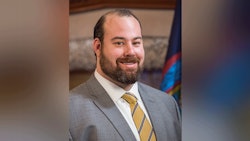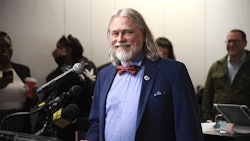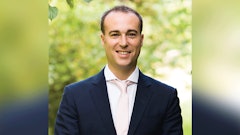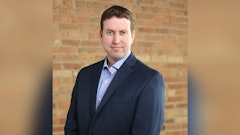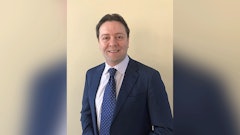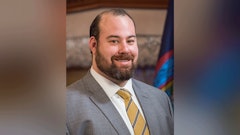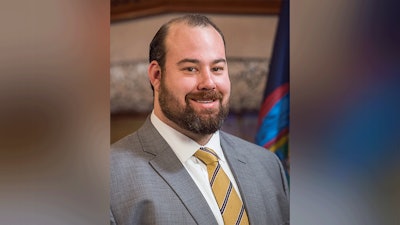
The state passed a medical cannabis law in late 2016 with provisions that would allocate a certain number of licenses to minority-owned businesses.
While those provisions were ultimately overturned by the state Supreme Court, Kirkpatrick secured licenses through a partnership with multistate cannabis operator Harvest Health & Recreation, which itself was later acquired by Florida-based Trulieve in 2021.
After launching Harvest of OH and running the business by herself as the CEO for three years, Kirkpatrick brought in her sister, Chief Operating Officer Amonica Davis, and other members of their family to help steer the vertically integrated operation, which holds cultivation, processing and dispensary licenses in the Buckeye State.
Harvest of OH has since grown to roughly 100 employees with an executive team that is 80% female.
Here, Kirkpatrick and Davis share how they’ve approached the business and lessons they’ve learned along the way.
Melissa Schiller: Can you highlight some of the lessons you’ve learned while working in the cannabis industry?
Amonica Davis: It’s a brand-new industry, and people thought, “Oh my gosh, this is so sexy—it’s cannabis! It’s marijuana!” But the lesson that you learn is that this is a legitimate business. You utilize the same business practices that you would use in any other industry, whether it’s retail, a beauty shop, a construction company, or any other type of business. You’re going to have balance sheets. You’re going to have P&Ls. You’re going to have budgets. You’re going to have human capital—training and development. You’re going to have a marketing department.
MS: What is something that most people don’t realize about working in cannabis?
Ariane Kirkpatrick: It is a business, but [there are] obstacles we have to learn how to overcome because it’s highly regulated. One of the greatest pros of the regulation is knowing that the product that we’re selling is tested. It’s not like the product that was sold in the street during my time, growing up.
But then you have the restraints—one of the biggest ones is the inability to advertise and brand your company like you want to. We are unable to do that, and the agents say, well, you don’t see advertisements for anything else at a drugstore. Well, yeah, you do, all the time. It has those little breaks in the commercials—you know how you see the happy people walking around and then they give all the disclaimers. That is, to me, one of the biggest hindrances, and it’s a shame because [cannabis] ... can benefit people.
MS: What are some of your shorter- and longer-term goals for Harvest of OH?
AD: A long-term goal for us [is] to make sure that we have the capital necessary to maintain a successful business, that we have the right kind of capital in the right positions. We want to make sure that we are profitable.
Whatever your business is, you’re going to use whatever your product is to make money. But if you cannot make a profit, then you are not sustainable. So, all operators have to think about how we are making money. Additionally, how are you giving back to the communities where your businesses are? Because if you’re not doing both—if you’re not taking care of your community and if you’re not making money—you’re not sustainable.
MS: What advice would you offer to other women who are either looking to enter the cannabis industry or already working in the space?
AD: I’ve often heard that men will apply for positions that they may not 100% be qualified for, where women will say, “Out of these 20 things that are required of this role, I only have 10, so I’m not going to pursue it.” That’s a mindset of women because we’re used to supporting. We support our families, we support our children, we support our partners, we support CEOs in our respective roles. But in this industry, it is brand new. If you don’t have everything it takes on day one, just know that once you get in, this is the type of industry where you learn as you go. You build as you climb. So, my advice to other women is to be bold. Take the lunge.









